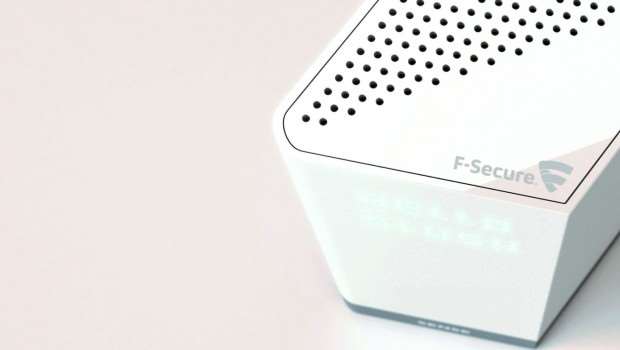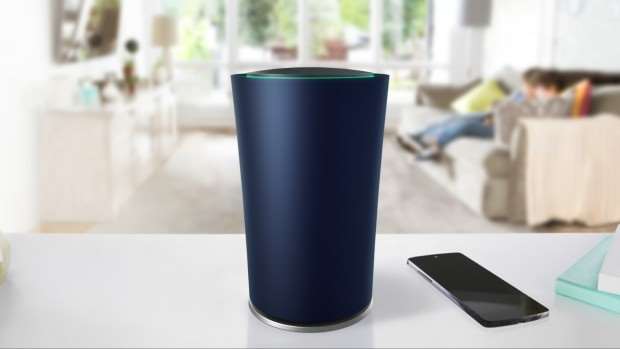What's next?
While viruses and malware must still be battled, Sullivan suggested security will shift in a new direction, away from detecting threats to “keeping everything healthy and up to date”.
Of course, security companies won't simply sit back and hope “healthy” systems can withstand the onslaught, and not everyone agrees that antivirus is on the way out. “Properly configured and updated antivirus is an efficient security control, and will remain so even into the future,” argued Ilia Kolochenko, founder of web app security firm High-Tech Bridge – and his firm doesn't even make antivirus.
New technologies such as AI-based automation could help boost security firms' arsenals. “Currently, we are talking a lot about autonomous machine learning, however I'm not sure its effect will be bigger than heuristic analysis was in the antivirus industry years ago: that was predicted to totally eliminate all viruses in a couple of years,” said Kolochenko.
“Instead I believe in 'cyborgisation' of technologies – when human and machines will be working together, complementing one another and completing each other's weaknesses.”
And just like the IoT, the arrival of new technologies such as virtual reality and augmented reality could also have security implications. “One wonders if there will be virtual spaces in the future to secure,” Sullivan pondered. “There's a lot of unpredictable future ahead of us.”
The future of Wi-Fi routers
F-Secure Sense

The Sense router analyses all traffic going in and out of your home, protecting any connected device – be it a PC or fridge. Controlled by an app, it's easier to understand and personalise settings than most routers' admin systems.
Scanning is bolstered by F-Secure's Security Cloud, which uses artificial intelligence to look for odd behaviour that may signal an attack. It includes a firewall, tracking blocker and VPN. However, don't think such hardware means the end of security subscriptions: you'll need to shell out €8 monthly for a subscription to F-Secure's cloud system. The hardware costs €199, including one year of service, and ships this summer.
Australian availability has not yet been announced.
Google OnHub

Although Google's name is emblazoned on the OnHub, its design has actually been delegated to router makers: Asus and TP-Link are the companies behind it, and their routers are already on sale in the US (for US$220 and US$200, respectively).
Managed by a simple app, it makes it easier to share your Wi-Fi with a guest , as well as add and administrate devices. The hardware is designed to look attractive, meaning users won't hamper the signal by hiding it away, and features a ring of antenna to further improve reliability. It comes with automatic security updates and a built-in firewall, but doesn't have the network scanning offered by F-Secure Sense.













.jpg&w=100&c=1&s=0)











